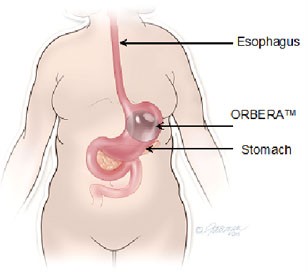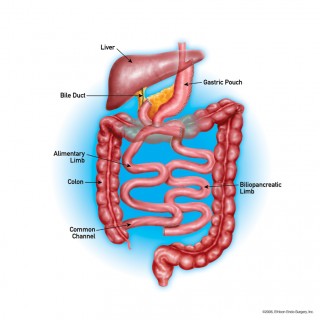 Congratulations on your decision to take the weight loss surgery plunge and improve your life in ways you never thought possible!
Congratulations on your decision to take the weight loss surgery plunge and improve your life in ways you never thought possible!
Now what happens?
Patients never leap into weight loss surgery head first, at least not at reputable surgery centers.
There are several steps and evaluations that determine your readiness for surgery and prepare both you and the support staff for this transformative procedure. Before your surgery, you will undergo the following with members of our caring staff:
Medical evaluation: Your physician will help you choose the best surgery for you with an assessment of your current health. With your present state and history as guidelines, you and your surgeon will create a personalized plan specifically tailored to your body and goals. Your medical conditions should be optimized in preparation for surgery.
- Psychological screening: You can expect many psychosocial changes to accompany your bariatric surgery and subsequent weight loss. Before clearance for surgery, you will meet with Dr Jim Keller, our psychologist who will help you prepare for what’s coming and discuss any prior experiences or mental health concerns that require support. The end goal is to make sure that both your physical and psychological health are addressed before surgery.
- Consultation with our dietician: What you do and do not put into your body plays a major role in how your body responds to surgery and how you feel, both before and after. We work with you to determine your level of nutritional knowledge and target any negative behaviors related to eating. Meeting with a dietician will help you to control hunger, eat enough to nourish your body without over feeding, vitamin and mineral supplementation, and conscious, pleasurable eating habits that help you feel satisfied. No matter what your struggle, our dieticians will help you adjust to your new lifestyle and tackle any challenges that come your way.
- Meeting with our exercise physiologist: A sound exercise program is essential for sustained weight loss. At WeightWise, our aim is to familiarize you with the four pillars of fitness: cardiovascular health, flexibility, and strength training. Each exercise physiology program is individually tailored to optimize the body’s response to new exercises in stages. At your pre-op consultation, you will discuss your short and long term fitness goals as supportive of your overall surgical plan.
- Sleep evaluation: Sleep apnea, if undiagnosed, can significantly reduce the safety of any weight loss procedure. Unsure whether or not you have it? Untreated Obstructive Sleep Apnea, particularly common in morbidly obese patients, can increase your risk of complications both during and after your procedure.
Our goal is threefold: well-prepared patients, safe operations and long-lasting results. These can be accomplished through screenings with our top psychological, dietary, and exercise experts. With our comprehensive approach, we are able to more fully understand your current state of health for a successful surgery and post-op experience. This approach is key to undergoing surgery as safely as possible.
Haven’t attended one of our free informational seminars yet? Sign up here.
The post Your Bariatric Pre-Op Steps, Explained appeared first on .







 Two different types of gastric balloon have been approved, the “
Two different types of gastric balloon have been approved, the “ Is Gastric Balloon Right for You?
Is Gastric Balloon Right for You?


 The ReShape Dual Balloon is inserted in the stomach during a short outpatient procedure, where it remains for six months. This intragastric balloon serves as built-in portion control so people may feel full and less hunger. It does not change or alter the natural anatomy of the stomach in any way. There are benefits of the ReShape dual balloon over other single intragastric balloons. ReShape is safer than competitors due to its dual balloon design and blue tinted leak detection saline. Furthermore, it occupies more volume of the stomach providing better satiety and hunger control.
The ReShape Dual Balloon is inserted in the stomach during a short outpatient procedure, where it remains for six months. This intragastric balloon serves as built-in portion control so people may feel full and less hunger. It does not change or alter the natural anatomy of the stomach in any way. There are benefits of the ReShape dual balloon over other single intragastric balloons. ReShape is safer than competitors due to its dual balloon design and blue tinted leak detection saline. Furthermore, it occupies more volume of the stomach providing better satiety and hunger control. 






 Bariatric surgery is a safe and effective procedure. It’s the most successful route to permanent weight loss for those who are severely obese. Seventy percent of people who have bariatric surgery succeed in shedding 50 percent of their extra weight.
Bariatric surgery is a safe and effective procedure. It’s the most successful route to permanent weight loss for those who are severely obese. Seventy percent of people who have bariatric surgery succeed in shedding 50 percent of their extra weight.








